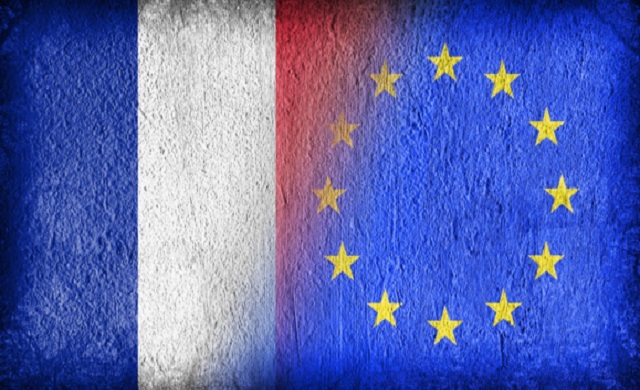
After dipping at the tail end of last week, the pound spent Monday recovering losses.
The GBP/EUR exchange rate firmed from €1.1705 to €1.1738, GBP/USD climbed from $1.2388 to $1.2429 and GBP/NZD bounced back from NZ$1.7825 to NZ$1.7886.
GBP/AUD spent the day fluctuating between AU$1.6539 and AU$1.6583, but GBP/CAD closed Monday slightly lower as oil prices spiked.
What’s been happening?
The pound was able to start the week fairly strongly, recouping recent losses despite a report revealing a sharp decline in credit card spending. The data, which was published by Visa, showed that monthly spending patterns dipped in March.
However, while the report hinted at a slowdown in consumer activity, expectations that today’s UK Consumer Price Index will show that inflation remained above the Bank of England’s 2% target in March helped the pound advance. While growing price pressures and stagnant wage growth could restrain consumer spending, higher inflation might encourage the BoE to hike interest rates sooner than forecast, so a strong inflation result today could see the pound extend yesterday’s gains.
The rise in GBP/EUR was also the result of mounting fears about the French election. With two of the top three candidates having an anti-EU stance (far-left candidate Jean-Luc Melenchon has now taken third place), the euro is likely to remain under pressure as the first round of voting approaches.
What’s coming up?
While today’s UK inflation data is liable to be the main mover of pound exchange rates, news from the Eurozone could also have an impact on GBP/EUR.
ZEW research centre is set to publish its Economic Sentiment surveys for Germany and the Eurozone.
The German index is believed to have jumped from 12.8 to 14.8 in April, a result which could give the euro a boost.
If the Eurozone measure also shows an increase in confidence, and the German gauge of the current situation improves as anticipated, the euro may be able to limit the pound’s gains in the event of a stronger-than-anticipated UK CPI reading.
As it stands, UK inflation is expected to come in at 0.3% on the month (down from 0.7% MoM in February) and 2.3% on the year.
Core inflation is believed to have eased from 2.0% to 1.9%.
It would take an above-forecast result to really bolster BoE interest rate hike expectations, so the pound could spend the day drifting lower if inflation falls short.


 Hot Features
Hot Features













